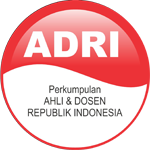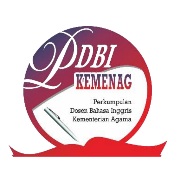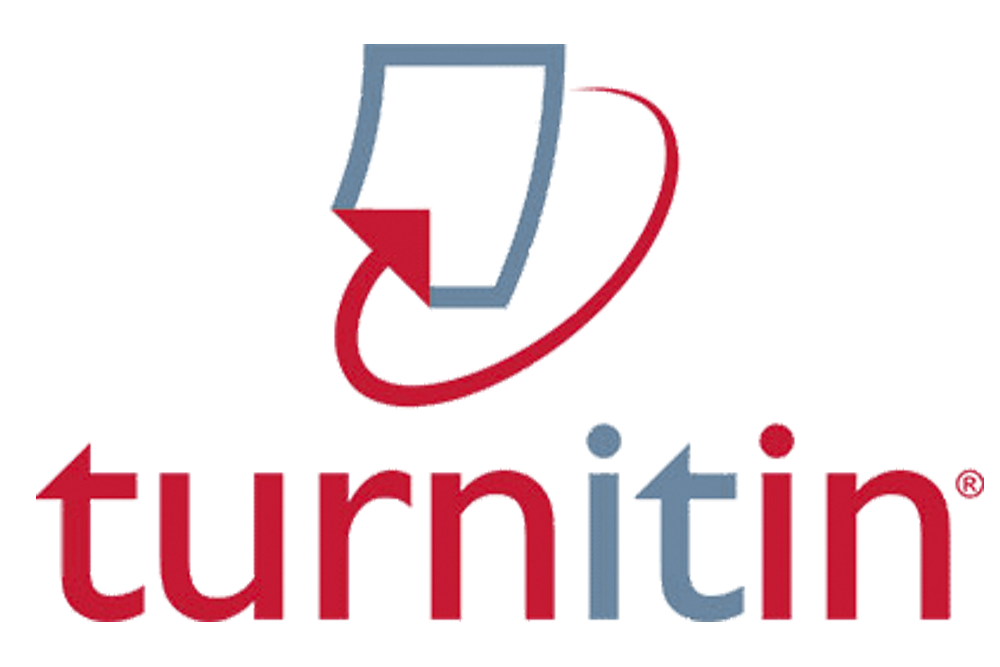Boosting English Students’ Writing Skill via Roundtable Strategy
Abstract
The purpose of this study is to use a roundtable technique to improve the writing capacity of S1 English education studies students at FKIP UNIB. This study's architecture is based on classroom action studies. It was completed in three cycles. The instruments are a checklist, an observation, and a measure. The results of the checklist revealed that there was an improvement in student activity from cycles 1, 2, and 3. Meanwhile, the observation outcome represented an increase in students' awareness of the roundtable strategy's application from the first to third period. Finally, the test result indicated an improvement in score from cycle 1 to cycle 3 name from 75, 79, and 83.5. The results of the three instruments indicate that the roundtable approach will increase the writing capacity of English education research programme students. This strategy can be used in teaching writing for students.
Keywords : boosting English, writing ability, roundtable strategy
Keywords
Full Text:
PDFReferences
Akhadiah, Sabarti, dkk. (2004). Pembinaan Kemampuan Menulis Bahasa Indonesia. Jakarta: Erlangga.
Alwasilah, A. Chaedar dan Senny Suzanna Alwasilah.(2005). Pokoknya Menulis (Cara Baru Menulis dengan Metode Kolaborasi). Bandung: PT Kiblat Buku Utama.
Arikunto, S.(2006). Prosedur Penelitian; Suatu Pendekatan Praktik. Jakarta Rineka Cipta.
Brown, H. Douglas. (2000). Principles of Language Learning and Teaching Fourth Edition.New York: Longman.
Brown, H.D. (2004). Language Assessment: Principles and Classroom Practices. New York: Pearson Education, Inc.
Burns, A (2010) . Doing Action Research In English Language Teaching: a Guide For Practitioners. New York : Routledge.
Chen,L., Chen, T.L. & Liu, H.K.J. (2010) Perception of Young Adults on Online Games : Implications For Higher Education. The Turkish Online Journal of Educational Technology, 9(3) 76-84. Available at: www.tojet.net/ [2016, September, 27].
Creswell, John W.(2003). Research Design: Qualitative, Quantitative and Mixed Methods Approaches. Thousand Oaks, CA: Sage Publications,Inc.
Davis, B. G. (2009). Tools for teaching (2nd.ed.). San Francisco: Jossey-Bass.
Depdiknas.(2006). Standard Kompetensi Mata Pelajaran Bahasa Inggris SMP dan Mts. Jakarta: Depdiknas.
Depdiknas.(2015). Panduan Penilaian Untuk Sekolah Menengah Pertama (SMP). Jakarta: Depdiknas.
Emilia, Emi.2005. “ The Effectiveness of Genre Based Approach In Academic Teaching Writing at a State University in West Java”, (online), (http://curry,Edschool.Sydney. edu/epltt/genrebasedapproach.Html, Retrieved on June 3rd 2006 at 8.oo am).
Herdiansyah, Haris (2012). Metode Penelitian Kualitatif. Jakarta : Humanika.
Hornby, AS. (2000). Oxford Advanced Learner’s Dictionary of Current English, 6th ed. Oxford:Oxford University Press.
Handayani, Sri. (2012). The Influence of Roundtable Technique and Students’Intelligence on Students’ Writing Skill (an Experimental Research on Descriptive Writing to the Tenth Grade Students’ of SMAN 1 Ngaglik Sleman in Academic Year 2011/2012.Surakarta: SKRIPSI. Universitas Sebelas Maret
Hyland.2004. Genre and Second Language Teaching. Ann Arbor: The University of Michigan Press.
Johnson, R. T., and Johnson, D. W. (2009) "Cooperation and Competition Theory and Research." Edina,MN: Interaction Book Co.
Johnson, Andrew P. 2005. A Short Guide to Action Research. Boston: Pearson Education, Inc.
Kemmis and Robin.1988. The Action Research Planner. Sydney: Deakin University Press
Kagan, Spencer. 1992. Cooperative roundtable.Ann Arbor. The University of Michigan Press.
Lou,Leaver. (2005) Round table on Language and Linguistics.Georgetown uniiversity Press.
Maureen Ng and Christine Lee. (2002). What’s different about cooperative learning?- and its significance in social studies teaching. Singapore: Institute of Education.
Mertler, C. A. (2006). Action Research Teachers as Researchers in the Classroom. Sage Publications, Inc.
Mc.Cafferty, Steven. G, dkk. (2006). Cooperative Learning and Second Language Teaching. New York. Cambridge University Press.
Mills, G.E. (2000). Action Research: A Guide for the Teacher Researcher. New Jersey: Prentice Hall, Inc.
Oktavianti, D., Gusmuliana, P., & Apriani, E. (2021). The Students’ Strategies in Developing Their Ideas in Writing Essay. Jadila: Journal of Development and Innovation in Language and Literature Education, 1(4), 389-406.
PERATURAN PEMERINTAH REPUBLIK INDONESIA No 19 (2005) Tentang Standar Nasional Pendidikan. Jakarta.
PERMENDIKNAS NO.53 (2015) Tentang Penilaian Hasil Belajar Oleh Pendidik Dan Satuan Pendidikan Pada Pendidikan dasar dan Menengah. Jakarta.
Ratnawati. (2009). The use of writing process in roundtable brainstorming cooperative learning in writing news item text. Semarang :SKRIPSI Semarang State University.
Rianto, Milan (2007). Pengelolaan Kelas Model Pakem. Jakarta : Dirjen PMPTK
Sanjaya, H. K., Apriani, E., & Edy, S. (2020). Using web blogs in teaching writing for EFL students. Journal of English Education and Teaching (JEET), 4(4), 516-535.
Saroni, Muhammad. (2006). Manajemen Sekolah, Kiat Menjadi Pendidik Yang Kompeten.Yogyakarta : Ar-Ruzz.
Sudaryanto. (1993). Metode dan Aneka Teknik Analisis Bahasa. Yogyakarta : Duta Wacana University press.
Wardiman,Artono.et. al. English in Focus, for grade VII Junior high school (SMP/MTs), (Jakarta: Pusat Pembukuan, Departemen Pendidikan Nasional, 2008).
DOI: http://dx.doi.org/10.29240/ef.v5i1.2580
Refbacks
- There are currently no refbacks.
Copyright (c) 2021 kasmaini kasmaini

This work is licensed under a Creative Commons Attribution-NonCommercial-ShareAlike 4.0 International License.
INDEXED BY:
 This work is licensed under a Creative Commons Attribution-NonCommercial-ShareAlike 4.0 International License
This work is licensed under a Creative Commons Attribution-NonCommercial-ShareAlike 4.0 International License
@ ENGLISH FRANCA : Academic Journal of English Language and Education
Jl. Dr. AK Gani No 1 Dusun Curup, Rejang Lebong Regency, Bengkulu Province, Indonesia, 39119.
Dr. Eka Apriani, M.Pd., email: efranca@iaincurup.ac.id, eka.apriani@iaincurup.ac.id.




.png)












